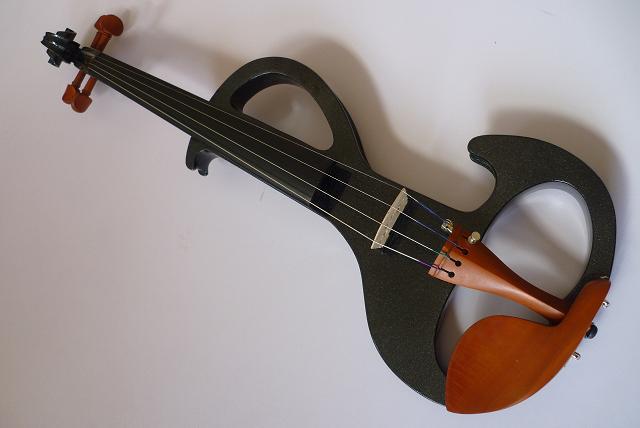Discover the key differences between beginner and advanced violins, perfect for those considering violin rental in NYC. This article delves into the qualities that distinguish professional-grade violins from those suited for beginners, from the materials used to the craftsmanship involved. It emphasizes the importance of choosing the right instrument for your skill level, ensuring comfort, proper sound production, and aiding in musical development.
Understanding the huge difference between a beginner violin and an advanced violin is important in choosing the right instrument for your skill level. In fact, this is a crucial decision for every musician, whether professional or not. So what really makes an advanced violin different from the beginner type?
Choosing the Best Violin
The right instrument is comfortable to hold and makes accurate sounds. It also helps in proper musical development, especially for beginners. So before you buy a violin, make sure to understand what type of instrument best meet your needs and preferences.
Advanced Violin
An advanced violin is more durable than other types of instruments. However, there’s a proper maintenance in order for this violin to last even generations. It’s typically made of rosewood, ebony, maple, or spruce wood. However, manufacturers may use wood grain to achieve the desired sound quality.
The pegs and fingerboards of advanced violins are made of hardwood and ebony. Finishes are applied using bare hands in order to make sure it provides a quality finish. The bridge is carefully inserted to secure the strings, and the bow is balanced for more durability.
Beginner Violin
Beginner or student violins are manufactured with cost-saving measures to make sure everyone can afford it. The wood used is aged for a much shorter time compared to professional violins. For instance, manufacturers use boxwood and other cheap hardwoods instead of ebony.
While low quality materials are used to produce beginner violins, this does not affect the playing experience. However, cheap hardwoods easily fade and create slight buzzing sound over time. But that’s okay because beginner violins are only for the purpose of learning how to play the instrument. When you’re ready and skilled enough, you can upgrade to advanced violins.
Bottom Line
Overall, the huge difference between student and professional violins are the quality and durability of these instruments. Advanced violins are for long-term use while beginner violins are only made for learning and familiarization. But with proper care, a student violin can last longer.
You can buy beginner and advanced violins online and in musical shops near your area. But before you decide to buy one, make sure you understand the exact requirements you need and your level of experience. That way, it’s easier to choose between an advanced and beginner violin. Go ahead and pursue your dream to become a good violinist.


